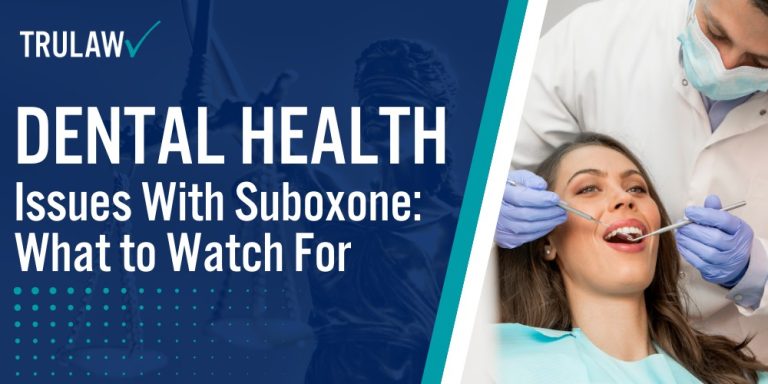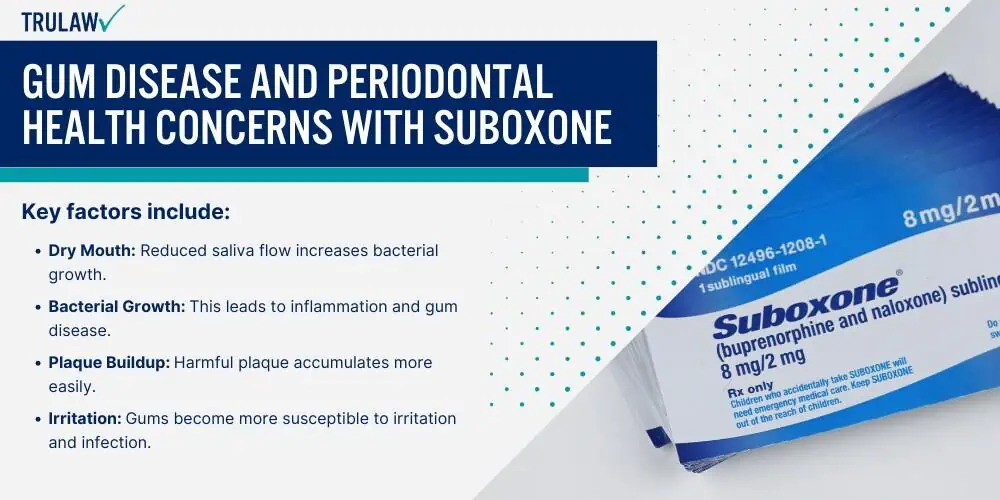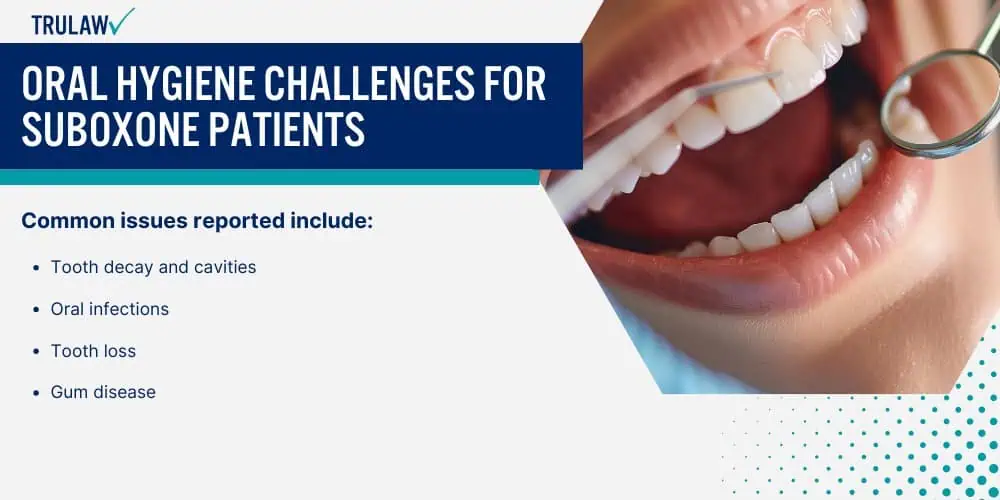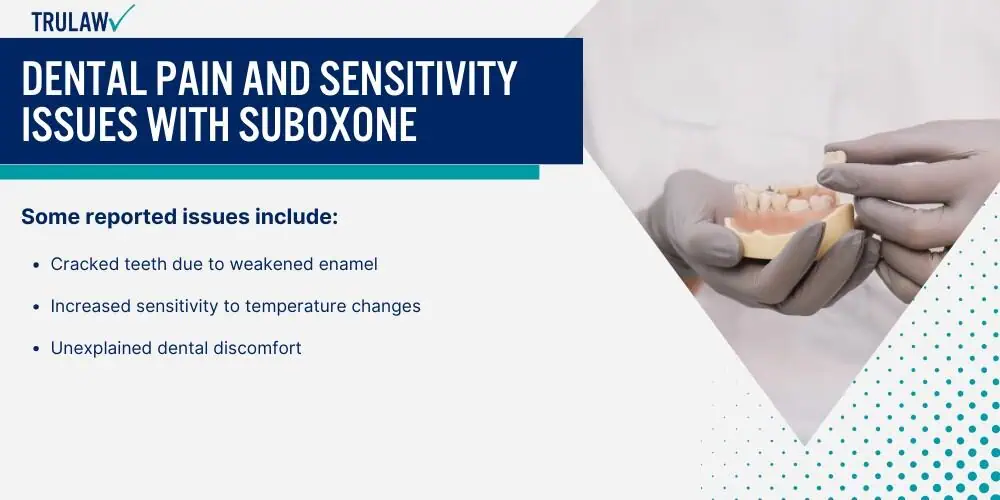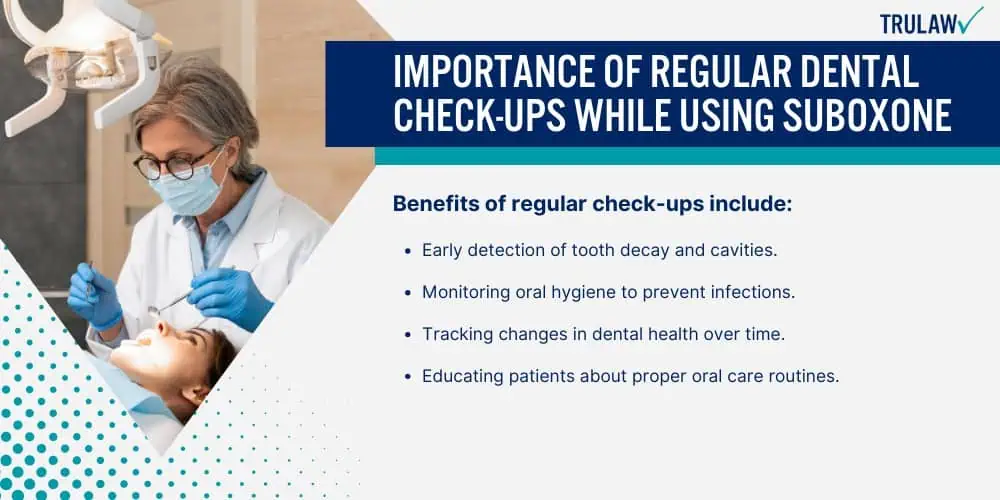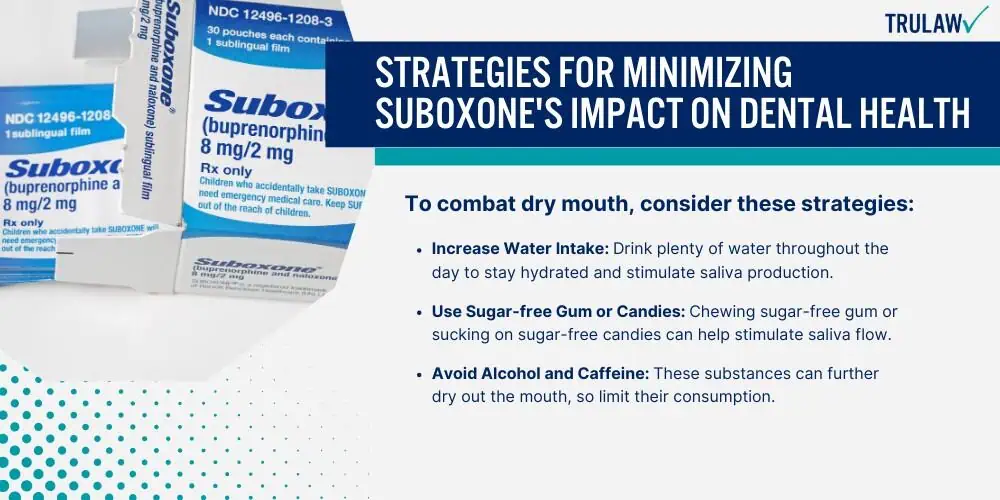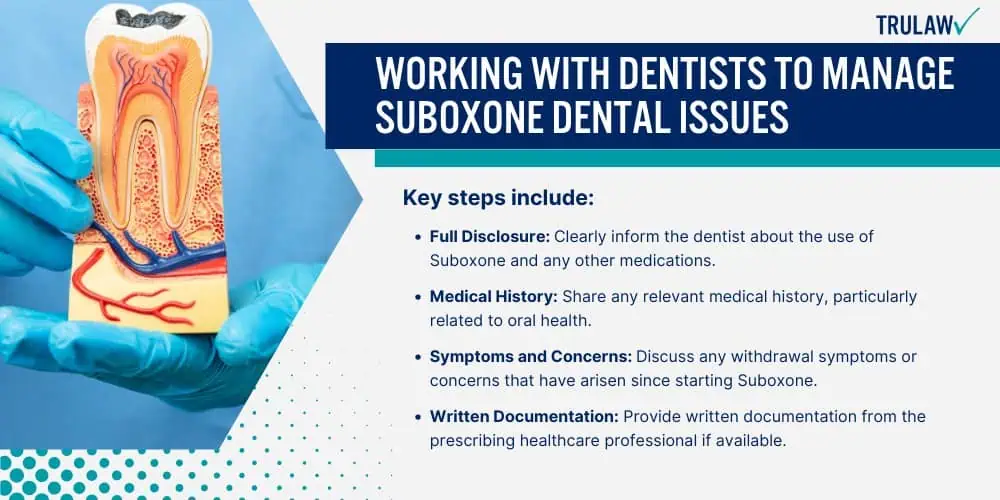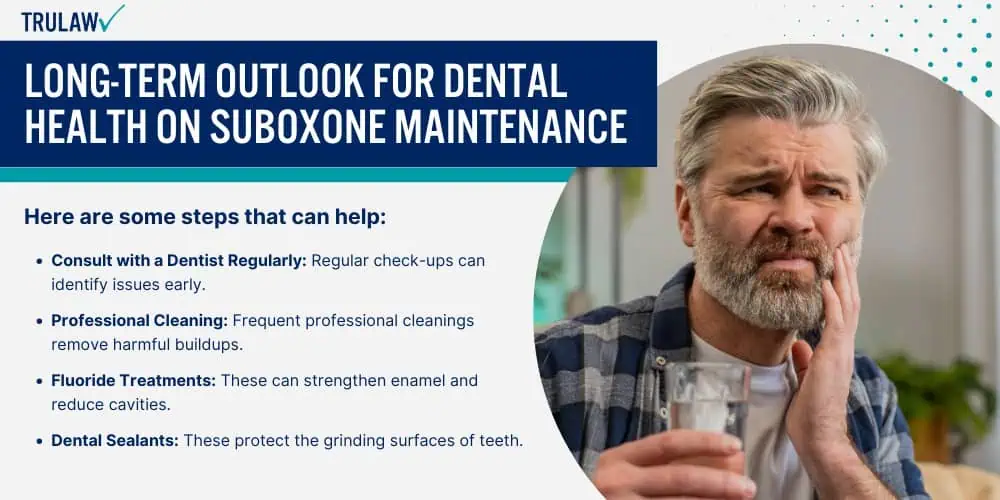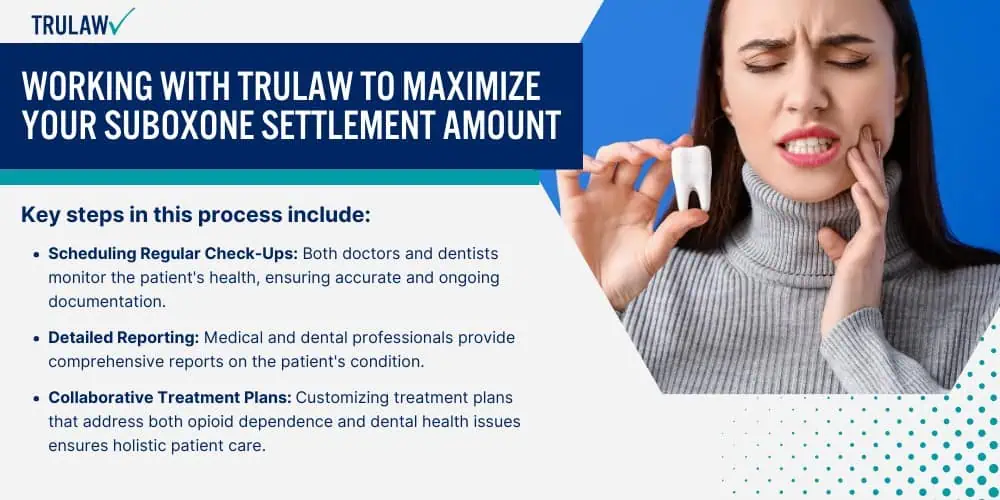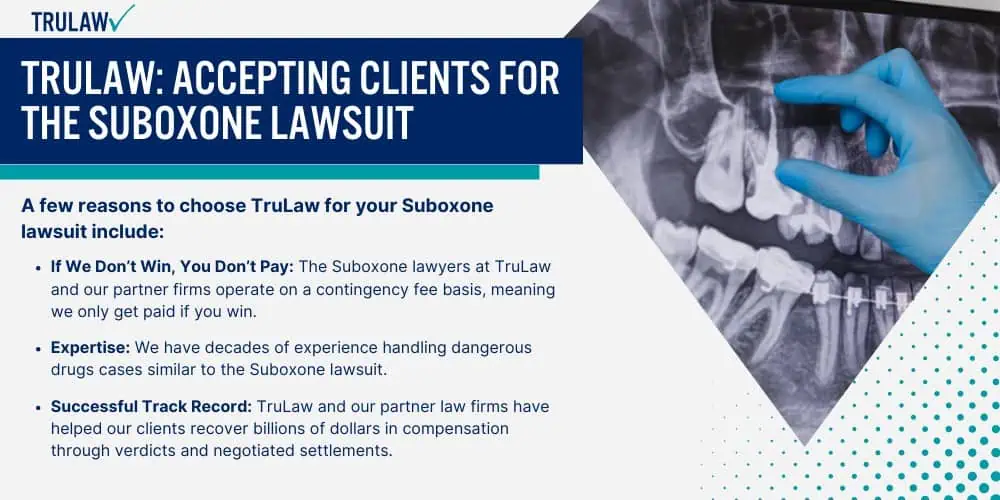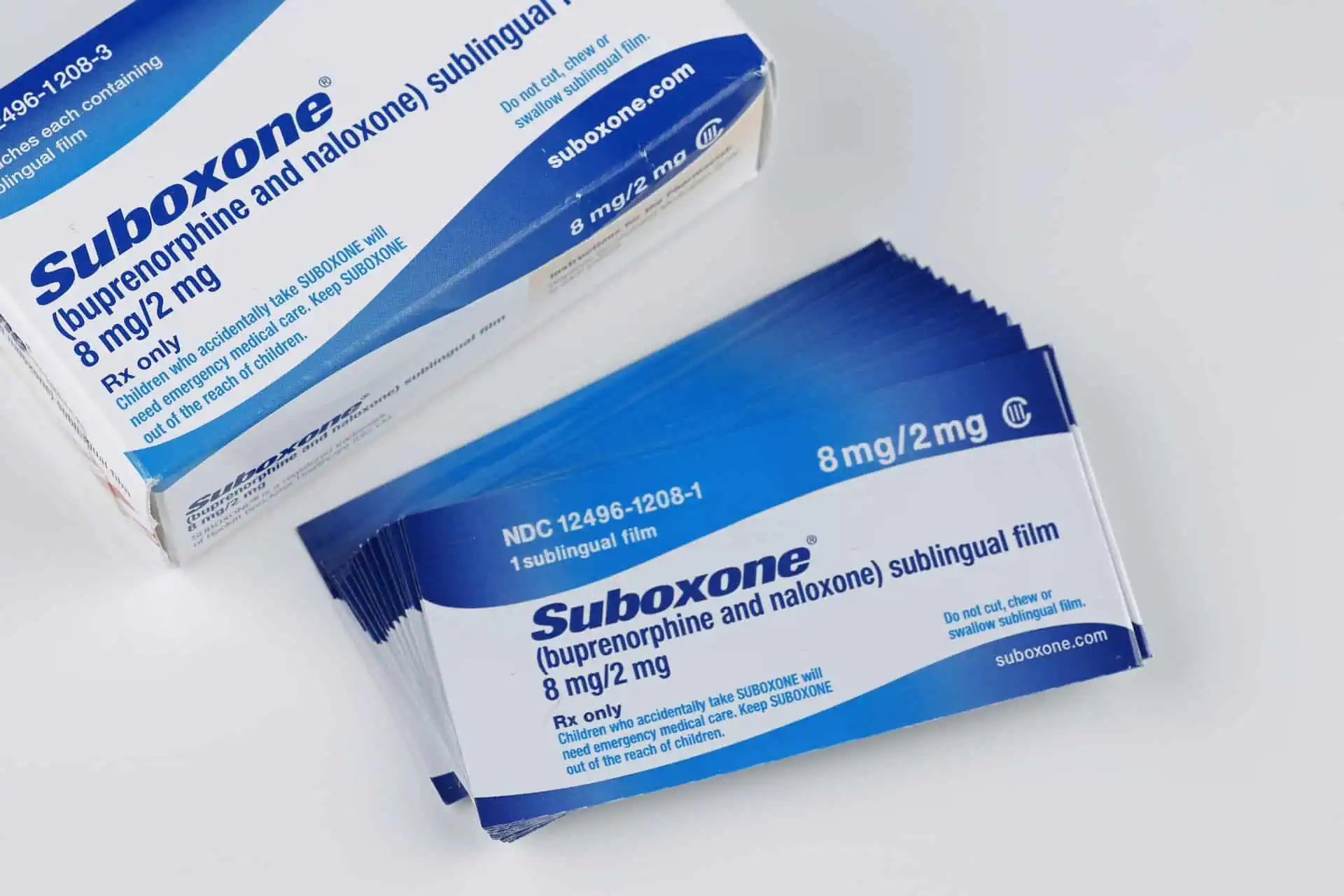Suboxone use has been linked to dental health issues, particularly affecting tooth enamel and increasing the risk of tooth decay.
The two primary concerns include reduced saliva production and a higher likelihood of cavities.
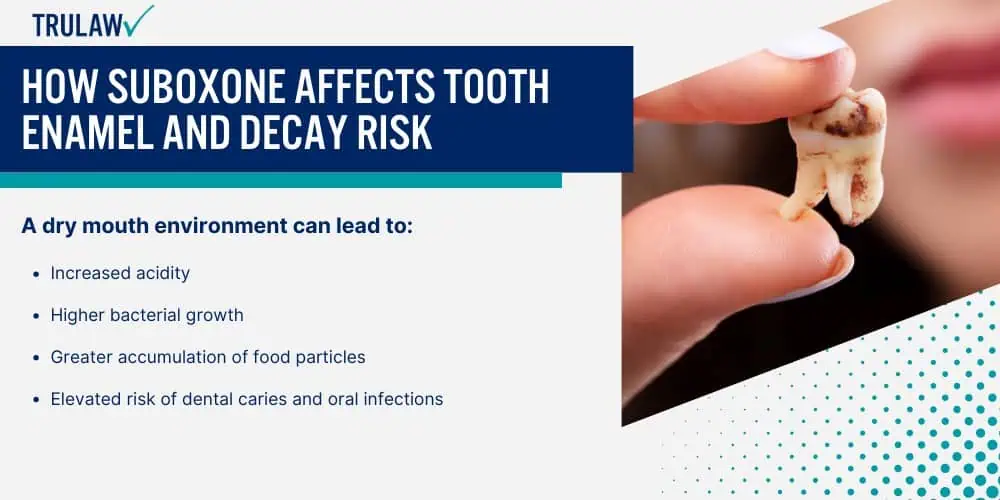
Suboxone’s Impact on Saliva Production and Dry Mouth
Suboxone can lead to reduced saliva production, resulting in dry mouth.
Saliva is essential in maintaining oral health by neutralizing bacteria-produced acids and washing away food particles.
When saliva production decreases, the mouth becomes a breeding ground for harmful bacteria.
A dry mouth environment can lead to:
- Increased acidity
- Higher bacterial growth
- Greater accumulation of food particles
- Elevated risk of dental caries and oral infections
Suboxone patients should be aware of these risks and take preventive measures to maintain oral health.
Increased Risk of Cavities and Tooth Decay with Suboxone
Suboxone users face a higher risk of developing cavities and permanent tooth decay.
The medication’s presence in the mouth can erode tooth enamel, making teeth more susceptible to decay.
Buprenorphine, a key component of Suboxone, has been reported to cause significant dental issues, such as tooth decay and loss.
To mitigate these dental risks, individuals should consider:
- Regular dental check-ups
- Enhanced oral hygiene practices
- Using fluoride treatments
- Drinking plenty of water
- Chewing sugar-free gum to stimulate saliva production
- Reducing consumption of sugary foods and drinks
Implementing these steps can help maintain dental health while undergoing Suboxone treatment.
Regular communication with healthcare providers about any oral health concerns is also recommended.
